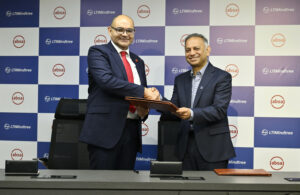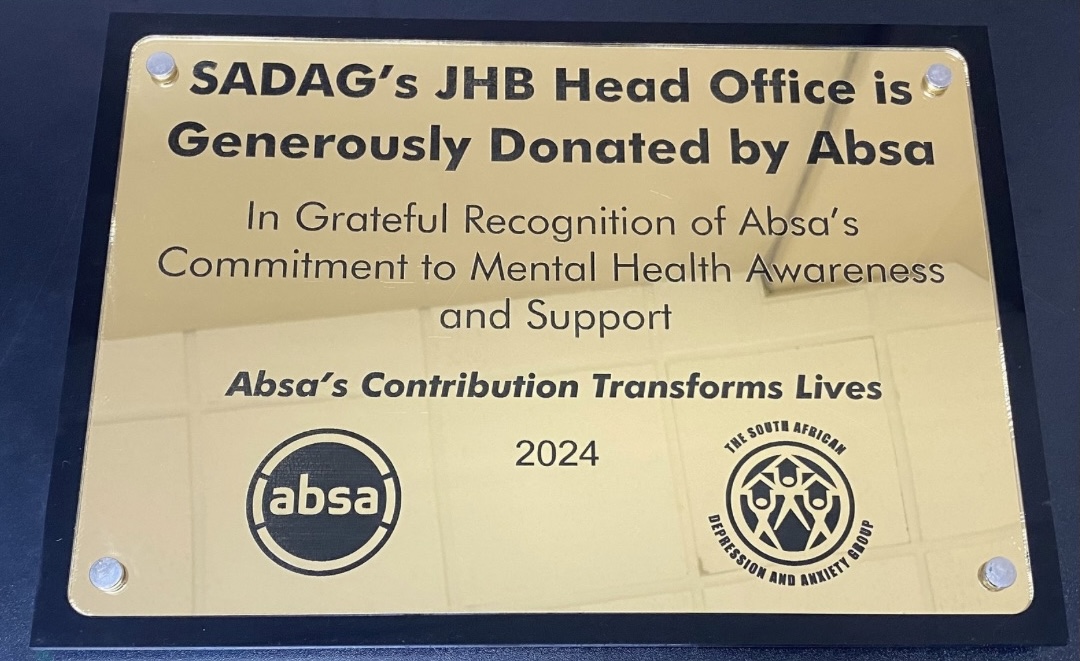Number 1 Pay TV Channel in South Africa Zee Zonke Presents All-New Local Show, Amaqhawe -Our Heroes
Zee Zonke is thrilled to introduce its first original local show in isiZulu Amaqhawe (Our Heroes), which will premiere on 14 September 2024 at 5pm on DStv channel 169. Since the channel’s launch in August 2023, Zee Zonke has ranked number 1 in the Pay TV space and this is the channel’s first local foray, spotlighting the extraordinary stories of South Africans who have made notable contributions across various sectors.
In a world where remarkable achievements often go unnoticed, Amaqhawe shines a light on those who have defied the odds to make meaningful impacts either socially, economically, or culturally. These unsung heroes make a difference in several lives in their fields of music, arts, literature, entertainment, medicine, education, politics and business.
A panel of experts selected 28 individuals from hundreds to feature in Season 1. Each episode will delve into the lives of these achievers, exploring their challenges, perseverance, and successes. Through interviews, dialogues, and interactions with family members, friends and communities, Amaqhawe seeks to inspire and aspire viewers in a manner sever seen before.
“At Zee Zonke, we believe in the power of storytelling to connect, inspire, and uplift communities. With Amaqhawe, we are proud to honor the outstanding individuals who have and are making a difference. We are thrilled to partner with Absa which reinforces our commitment to celebrating the diverse and impactful stories that shape our nation.” said Somnath Malakar, CEO, Sub Saharan Africa and Indian Ocean Islands.
Hosted by the charismatic and ever-popular duo Phindile Gwala and Luthando ‘BU’ Mthembu, the show promises to be vibrant, entertaining, inspirational and aspirational with stories that truly resonate.
“Content is at the core of what Zee does which is why we created this local show. We understand how important it is that people get to tell their own stories which can shape and empower communities. We also want to do the best we can for our audiences, where they get to see themselves on screen which adds to the enjoyment that locally resonant storytelling provides.” said Desiree Pillay, ZEE SVP: Content & Marketing, Sub Saharan Africa and Indian Ocean Islands.
Daniel Munslow, Managing Executive for Group Communications at Absa says, “We are thrilled to partner with Zee Zonke on Amaqhawe (Our Heroes), a groundbreaking initiative that marks our first local foray into spotlighting the extraordinary stories of South Africans who have made significant contributions across various sectors. Amaqhawe aligns seamlessly with our strategic objective of ‘Empowering Africa’s tomorrow, together, one story at a time.’ Through this partnership, we are proud to celebrate the heroes who inspire us and drive progress within our communities.”
Tune in for the premiere of Amaqhawe on 14 September 2024 at 5pm, exclusively on Zee Zonke, DStv channel 169.
For more information, contact Linda Oliphant: Linda.oliphant@zee.com | +27826050974 Please contact Tsietsi Mahlasela (PRmedia@absa.africa) for Absa-related media enquiries.
.png)
.png)
.png)
.png)
.png)
.png)
.png)

.png)
.png)



















